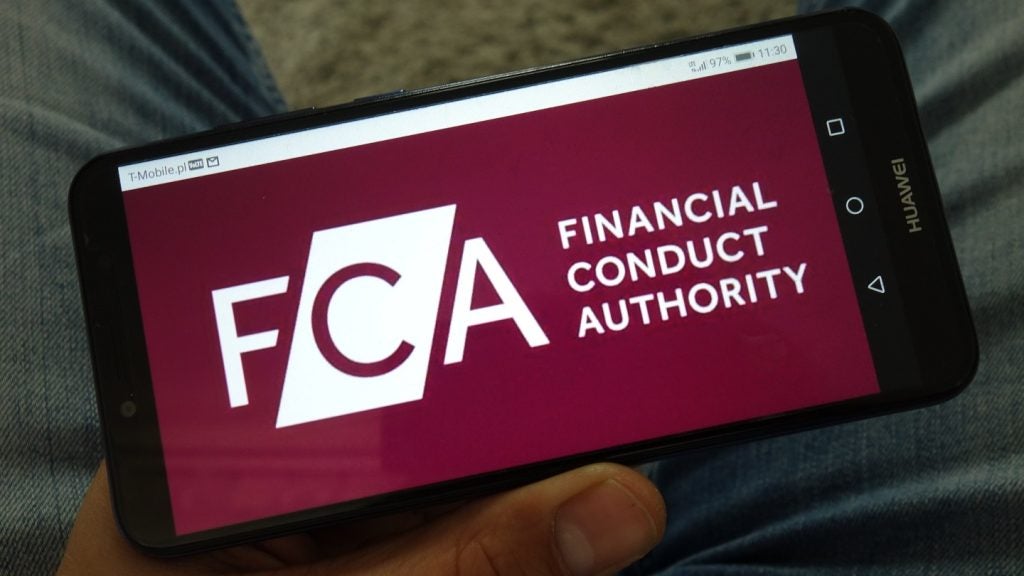In an ever-evolving financial landscape, the role of regulatory bodies like the Financial Conduct Authority (FCA) is crucial in maintaining transparency and accountability. However, recent proposals by the FCA to name and shame firms under investigation have sparked significant debate within the financial services industry.
In an article in City AM yesterday, entitled “UK Finance CEO: FCA’s name and shame plans will harm UK competitiveness”, David Postings who as UK Finance chief executive represents the City’s top banking and finance corporations, raised valid concerns about potential reputational damage to innocent firms. However, it’s crucial to recognise that the advantages of enhanced transparency outweigh these risks.
FCA defends early naming of investigated firms
So why is the FCA’s bold move a step in the right direction?
Firstly, transparency is the bedrock of a healthy financial system and by publicly disclosing firms under investigation, the FCA demonstrates its commitment to holding businesses accountable for their actions. An investigation indicates to the market that the FCA has uncovered ample evidence warranting further scrutiny. This transparency fosters trust among investors, consumers, and stakeholders, who can have confidence that misconduct will be addressed promptly and openly.
Secondly, naming and shaming firms under investigation serve as a deterrent against unethical behaviour. Think of it as a neon sign flashing “Play Fair or Pay the Price.” Public scrutiny acts as a powerful incentive for firms to adhere to regulatory standards and conduct business ethically. Knowing that their actions could be made public motivates firms to prioritise compliance and ethical practices, ultimately reducing the likelihood of misconduct.
How well do you really know your competitors?
Access the most comprehensive Company Profiles on the market, powered by GlobalData. Save hours of research. Gain competitive edge.

Thank you!
Your download email will arrive shortly
Not ready to buy yet? Download a free sample
We are confident about the unique quality of our Company Profiles. However, we want you to make the most beneficial decision for your business, so we offer a free sample that you can download by submitting the below form
By GlobalDataAdditionally, transparency promotes fairness and equality in regulatory enforcement. Without public disclosure, firms under investigation may receive preferential treatment or leniency, undermining the integrity of the regulatory process. By publicly naming all firms under investigation, the FCA ensures that enforcement actions are applied consistently and impartially, regardless of the firm’s size or influence.
Furthermore, transparency enhances market efficiency by providing investors with access to relevant information. Investors have a right to know if the companies they invest in are under investigation for misconduct, as this information can impact investment decisions and risk assessments. Public disclosure of investigations enables investors to make informed choices and promotes market integrity. At any rate, large corporations have significant public relations teams and budgets, alongside City lawyers on retainers, specifically tasked with promoting and defending their reputations.
While there may be concerns about potential reputational harm to innocent firms, it is essential to recognise that the FCA’s naming and shaming plans are not intended to prejudge guilt or imply wrongdoing. Instead, they are a necessary tool for promoting accountability, deterring misconduct, and maintaining public trust in the financial system.
The FCA’s plans to name and shame firms under investigation are a vital step towards greater transparency and accountability in the financial services industry. Reputational damage is no joke. But in the grand scheme of things, a little short-term pain is worth it for long-term gain.
In an April 2022 study by Grant Thornton, led by Tom Middleton, Ed Millinger, and Schellion Horn, the economic impact of adverse regulatory findings on reputation is explored. Examining data from UK-based PLCs in the financial sector, the study exposes a significant decrease in market value following such disclosures, surpassing the fines imposed and emphasising the disproportionate effect of reputational harm. It suggests that an average FTSE 100 firm could endure a staggering £1.15 billion loss in value due to reputational damage from regulatory actions.
Furthermore, the study highlights the expanding influence of Environmental, Social, and Governance (ESG) factors alongside reputation in driving long-term growth, especially amidst increasing calls for accountability amid environmental challenges.
Looking ahead, as the ESG landscape evolves, CEOs and their boards will need to revisit their strategies and core competencies to ensure alignment with regulatory frameworks meets stakeholder expectations. That’s the job.
In this context, by publicly disclosing investigations, the FCA will help drive market efficiency. While there may be challenges associated with reputational harm, the benefits of transparency far outweigh these concerns.









Related Company Profiles
Grant Thornton International Ltd